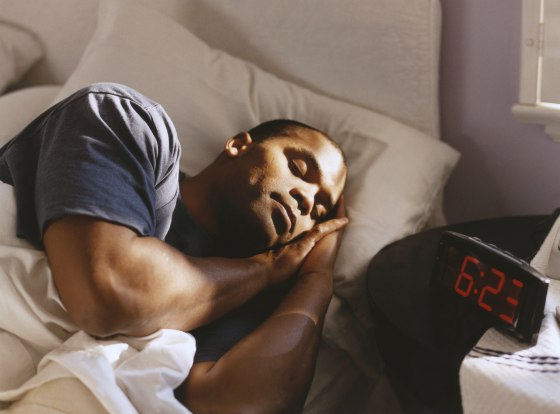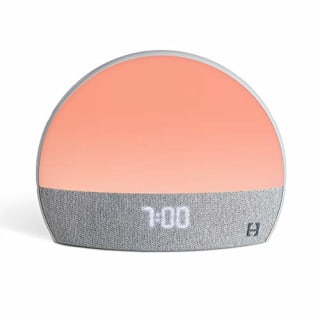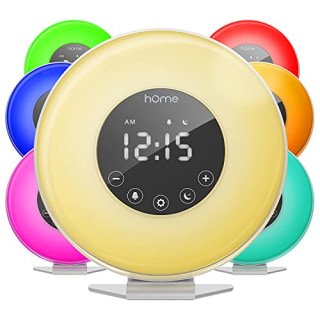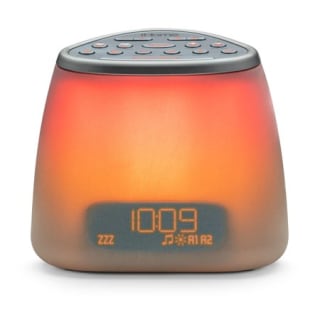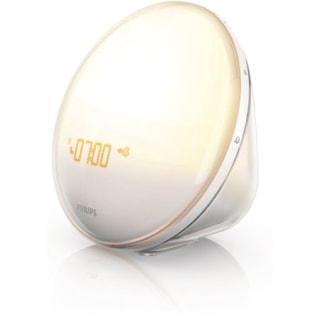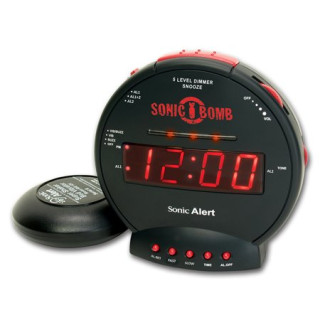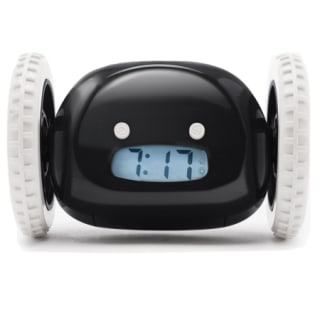Nowadays, Americans are more dependent on their phones than ever before. According to one survey from Common Sense Media, a nonprofit organization that researches the relationship between children and the digital world, the average amount of daily screen time for teens is 7 hours and 22 minutes, and this doesn’t even account for use during school or while doing homework. According to the Pew Research Center, 97 percent of all U.S. adults now own some sort of cellphone, up from 62 percent in October 2002.
Our electronic devices can be useful, but only when used in moderation. And when it comes to your nighttime routine, it may be better to put your phone away: Studies have shown that limiting your tech time before bed can help you sleep longer and better. “There is data suggesting that the light from your phone can fragment your sleep even when it is off but laying right beside you,” explained Seema Khosla, MD, medical director at the North Dakota Center for Sleep.
Nowadays, many people use their phones as alarm clocks and need to keep the device close to their bed so they can turn the irksome sound off every morning. However, alarm clocks serve the same purpose, and they don’t require you to keep your phone nearby while you sleep. We spoke to sleep specialists about the benefits of using an alarm clock, plus got their guidance on how to shop for one and rounded up their top alarm clock picks.
The best alarm clocks to consider
The experts we spoke to explained that there are different alarm clocks out there for different types of sleepers. Below, we gathered their top picks for various types of alarm clocks, ranging from wake-up lights to sleep machines with natural sound recordings. We also included a top-rated sunrise alarm clock based on their shopping advice.
Best alarm clock overall: Hatch
Hatch Restore Smart Sleep Assistant
Khosla is a fan of sunrise clocks, particularly this one from Hatch that serves as a sound machine, smart light, meditation app and alarm clock all in one. “It allows you to be aware of your sleep environment: You can set a routine such as dimming the lights in the evening/night, playing quiet music and reminding you to turn off your devices and indulge in a relaxation routine,” she explained. “This one also provides white noise as well as some breathing exercises to help you fall asleep.”
Best sunrise alarm clock: HomeLabs
HomeLabs Sunrise Alarm Clock
If you are looking for a slightly simpler sunrise alarm clock, this one from HomeLabs is one of the best ones out there. According to the brand, the clock uses a warm LED light to gradually brighten your room for 30 minutes before your designated alarm time to slowly and gradually wake you up. A similar sunset feature can slowly dim the lights and help you fall asleep. The alarm clock also boasts calming nature-inspired sounds, eight colored light options, FM radio access and a USB charger.
Best sleep machine: iHome
iHome Zenergy Sleep Therapy Mini Machine
According to Michael Breus, PhD, a clinical psychologist and a fellow of the American Academy of Sleep Medicine, the iHome Zenergy Sleep Therapy Mini Machine has “everything you would need in a bedside unit.” In addition to serving as a 7-5-2 alarm, it also plays 16 natural sound recordings, has 14 light therapy options and simulates a sunrise to wake you up gradually. You can also connect your phone to the alarm via Bluetooth to play music during the day and before bed.
Best wake-up light: Philips
Philips SmartSleep Wake-Up Light
W. Chris Winter, MD, a sleep specialist and neurologist and author of “The Sleep Solution,” noted that he likes alarm clocks that “utilize senses other than hearing.” He recommended the Philips light alarms, which are designed to mimic the sunrise and sunset, according to the brand. This particular model has five wake-up sounds to choose from and 20 light intensities so you can use it to read and gradually get ready for bed.
Best alarm clock for deep sleepers: Sonic
Sonic Bomb Dual Extra Loud Alarm Clock
If you are a deep sleeper who isn’t easily woken up by light, Winter recommended this extra loud alarm from Sonic. In addition to blaring 113-decibel alarm, this model also flashes red alert lights and comes with a 12-volt bed shaker. “If you can sleep through the earthquake it produces, we probably need to talk,” Winter joked.
Best alarm clock on wheels: Clocky
Clocky Alarm Clock
Another good option for deep sleepers is Clocky. Khosla said that some of her patients like this alarm clock since it “literally jumps away from them and makes them chase it around the room to wake up.” According to the brand, the robot-esque alarm sounds like R2D2 and can only be snoozed once.
How to shop for an alarm clock
Depending on your budget and needs, you can also look for an alarm clock that serves multiple purposes. The experts we spoke to highlighted some alarm clock features and types of alarms that can help mimic the body’s natural sleep-wake cycle.
The key is to think about what you hate and about what you are receptive to and then curate your choices accordingly.
Seema Khosla, MD, medical director at the North Dakota Center for Sleep
Sound styles
Those who are more easily roused might prefer an alarm that utilizes more soothing sounds and slowly gets louder instead of blasting at full volume immediately. Some alarms will borrow sounds from nature, while others will feature serene music like chimes.
If you have trouble waking up in the morning, though, you might benefit from a traditional alarm clock to jolt you awake. “The key is to think about what you hate and about what you are receptive to and then curate your choices accordingly,” Khosla explained. Ultimately, you should use “whatever works for you,” added Shelby Harris, PsyD, a licensed clinical psychologist who is board-certified in Behavioral Sleep Medicine (BSM).
Light features
One of the best things you can do for your sleep cycle is avoid waking up immediately from a deep sleep. According to Khosla, this can lead to something called sleep inertia, which is “that feeling of being ‘sleep drunk.’” She said that an alarm with a light feature — like a sunrise alarm — “gradually introduces light into the bedroom” and helps you “feel less foggy in the morning” since it allows you to wake up more deliberately. As we previously explained in our guide to sunrise clocks, this slow process helps you leave the sleep state and enter the waking state without disrupting your body’s circadian rhythm. Winter agreed that an alarm with a light that progressively gets brighter “can be very effective.”
Vibration
Vibrating alarm clocks can come in handy for several different types of people. Khosla noted that she recommends vibrating clocks when her patients are hearing-impaired, for instance. Winter also likes vibrating alarm clocks for those who tend to sleep through even the loudest noises. This feature can also be useful “if you have to get up without disturbing your partner,” he noted.
Should you just use the alarm clock on your phone? Experts say no.
Though it can be tempting to just set a recurring alarm on your phone and be done with it, experts warn that keeping your tech in the bedroom and using it right before bed can mess with your circadian rhythm and disrupt your sleep schedule. In one study of 1,043 students at King’s College London, researchers found that high cellphone use was directly correlated with poor sleep quality. In another survey conducted by Sleep Standards, nearly 72 percent of participants with a sleep disorder reported using some sort of device before going to bed every night.
“For people who have trouble sleeping and who are lighter sleepers or for those who wake up a lot, it is better to keep those devices out of the bedroom and use a dedicated alarm clock,” Khosla said. “This is especially true for adolescents — you are setting up their life-long habits.”
Though you should ideally leave your phone outside of the bedroom entirely, this isn’t always realistic. Instead, Khosla said you should try to limit your usage before bed, whether that’s by putting it away 30 to 60 minutes before you plan on going to sleep or by only using it when you are standing up. “Since so many people are so incredibly resistant to this idea, I think it is important to be flexible with patients and provide education around the impact of blue light on our sleep,” she noted.
Catch up on Select's in-depth coverage of personal finance, tech and tools, wellness and more, and follow us on Facebook, Instagram and Twitter to stay up to date.
